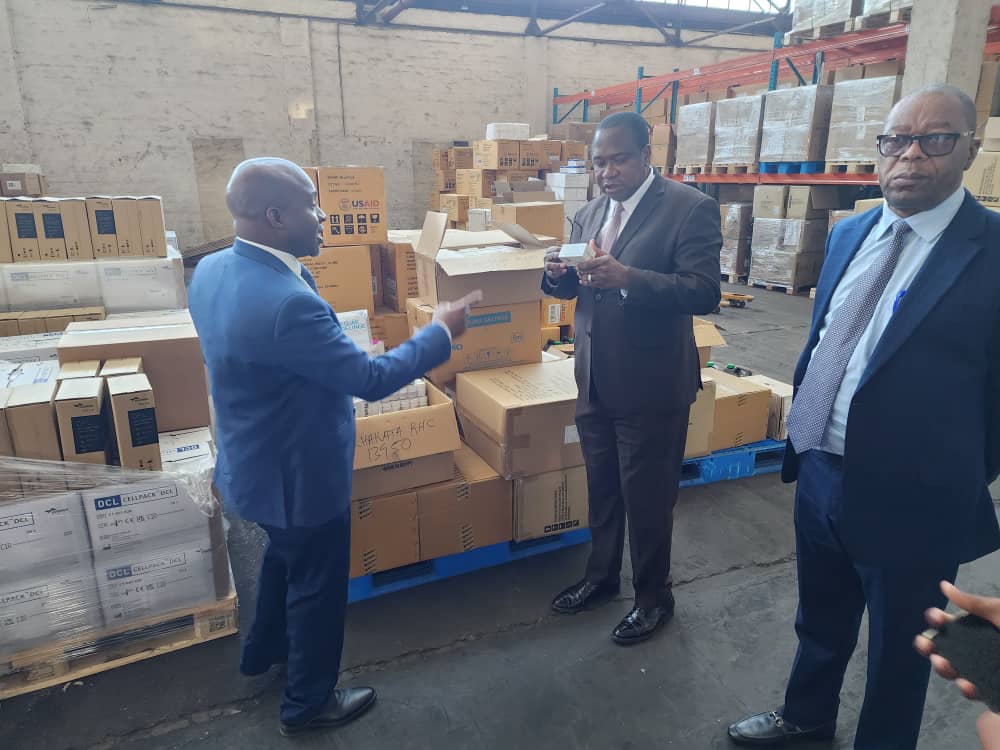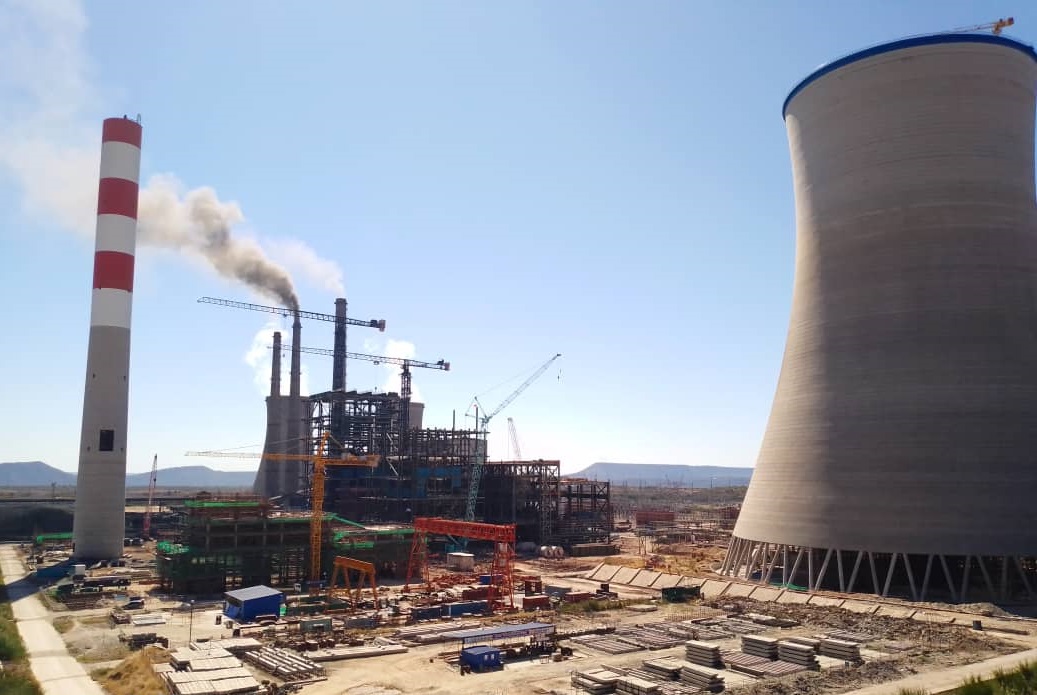BULAWAYO – A ban on the importation of second-hand vehicles older than 10 years came into effect Friday as Zimbabwe seeks to curb its vehicular import bill and shore up the almost non-existent local motor industry.
Commercial vehicles used mainly for mining, construction, and agricultural purposes are, however, exempt, a Statutory Instrument published in the government gazette said.
Importers seeking to bring in used cars above the 10-year threshold will now require a special permit from the ministry of industry.
“Commercial vehicles (tractors, haulage trucks, earth moving equipment) and other specialized vehicles used in mining and construction sectors shall be exempted,” the gazette said.
“Second-hand motor vehicles aged ten (10) years and above, from the date of manufacture at the time of importation shall require an import license from the ministry of industry and commerce.”
To counter local overpricing, Zimbabweans have largely relied on cheap imports from mainly Japan and the United Kingdom (UK) for years, shipping in thousands of private and commercial cars annually.
The ban, which is set to have a far-reaching effect, was first proposed by finance minister Mthuli Ncube during his 2021 budget presentation last November, saying the country was spending too much on car imports at the expense of the local motor industry.
“About US$1.3 billion was spent on imported buses, light commercial, and passenger motor vehicles from 2015 to September 2020. This is despite the existence of capacity by the local motor industry to assemble the above-mentioned range of motor vehicles,” Ncube said.
Critics, however, say Zimbabwe’s local motor industry has little or zero capacity to meet demand, adding overpricing of often defective and poorly conditioned vehicles is another major problem.
















